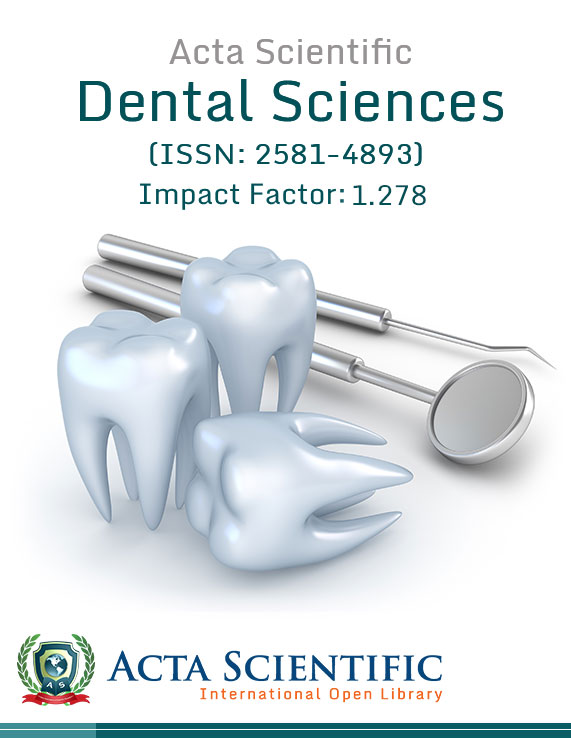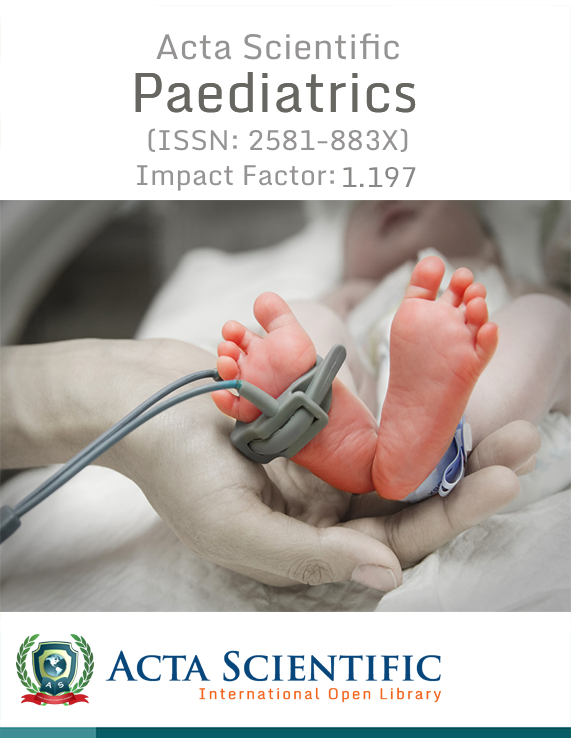Acta Scientific Ophthalmology (ASOP)
Research Article Volume 3 Issue 9
José Henrique Fazzi11*, Marina Schor2 and Paulo Schor3
1Department of Medicine, Federal University of São Paulo, Brazil
2Faculty of Land and Food Systems, University of British Columbia, Vancouver, BC, Canada
3Department of Ophthalmology, Federal University of São Paulo, Brazil
*Corresponding Author: José Henrique Fazzi, Department of Medicine, Federal University of São Paulo, Brazil.
Received: August 07, 2020; Published: August 19, 2020
Abstract
Background: Technology has been increasingly used as a teaching tool in medical education, and simulation training is at the forefront of that shift in teaching methods. This project proposes an innovative tool for training students in microsurgery. Through fixing their cell phones under the guidance of a supervisor, students got a chance to improve their technique in microscope use.
Furthermore, the procedure allowed for students to discuss insecurities surrounding the performance of microsurgery.
Materials and Methods: Eight students from the Federal University of São Paulo were involved in the project and were selected through a phone screening process. Those students brought in their own faulty cell phones which were the main materials used. Other materials included pieces that needed replacing in the phones and the tools needed to open, close and handle the apparatus generally.
Results: 87.5% of the students achieved the expected result with a successful procedure and 25% of students had technical problems during the procedure. 75% of students, however, had no major technical problems during the procedure. Two of the eight students who participated in this project had trouble with the cell phones one month after the procedure. The remaining had fully functional devices.
Conclusion: The majority of students successfully completed the cell phone repairs. Overall, there was a high level of acceptance of the project by students as a successful learning tool which increased both their abilities and self-confidence. Students overall left satisfied with the activity and said they would recommend it to others.
Keywords: Surgery Simulation; Medical Training; Ophthalmology; Technique; Practice-based Learning
References
- Hoffman M., et al. “Innovative Simulation Training Models”. Disease-a-Month 57.12 (2011): 807-826.
- Guerrero-González G., et al. “Combined use of simulation and digital technologies for teaching dermatologic surgery”. Journal of the European Academy of Dermatology and Venereology 30.12 (2015).
- Figueiredo E and Oliveira L. “Simulation training methods in neurological surgery”. Asian Journal of Neurosurgery 14.2 (2019): 364.
- Shaikh FM., et al. “Mobile Surgical Skills Education Unit”. Simulation in Healthcare”. The Journal of the Society for Simulation in Healthcare 6.4 (2011): 226-230.
- Mitchell PB., et al. “Career Interest and Psychomotor Aptitude Among Medical Students”. Journal of Surgical Education 76.6 (2019): 1526-1533.
- Hanrahan J., et al. “Hands train the brain—what is the role of hand tremor and anxiety in undergraduate microsurgical skills?” Acta Neurochirurgica 160.9 (2018): 1673-1679.
- Solverson DJ., et al. “Virtual Reality Simulation in Acquiring and Differentiating Basic Ophthalmic Microsurgical Skills”. Simulation in Healthcare: The Journal of the Society for Simulation in Healthcare 4.2 (2009): 98-103.
- Staropoli PC., et al. “Surgical Simulation Training Reduces Intraoperative Cataract Surgery Complications Among Residents”. Simulation in Healthcare: The Journal of the Society for Simulation in Healthcare 1 (2017).
- Feudner EM., et al. “Virtual reality training improves wet-lab performance of capsulorhexis: results of a randomized, controlled study”. Graefes Archive for Clinical and Experimental Ophthalmology 247.7 (2009): 955-963.
- Radia M., et al. “A guide to eyes: ophthalmic simulators”. The Bulletin of the Royal College of Surgeons of England 100.4 (2018): 169-171.
Citation
Citation: José Henrique Fazzi., et al. “A New Approach to Microsurgical Medical Education: Mobile Phone Repairs”.Acta Scientific Ophthalmology 3.9 (2020): 03-08.
Copyright
Copyright: © 2020 José Henrique Fazzi., et al. This is an open-access article distributed under the terms of the Creative Commons Attribution License, which permits unrestricted use, distribution, and reproduction in any medium, provided the original author and source are credited.
Journal Menu
Metrics
News and Events
- Publication Certificate
Authors will be provided with the Publication Certificate after their successful publication - Last Date for submission
Authors are requested to submit manuscripts on/before March 03, 2026, for the upcoming issue of 2026.


















